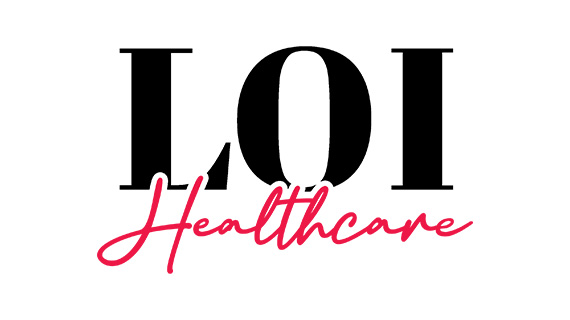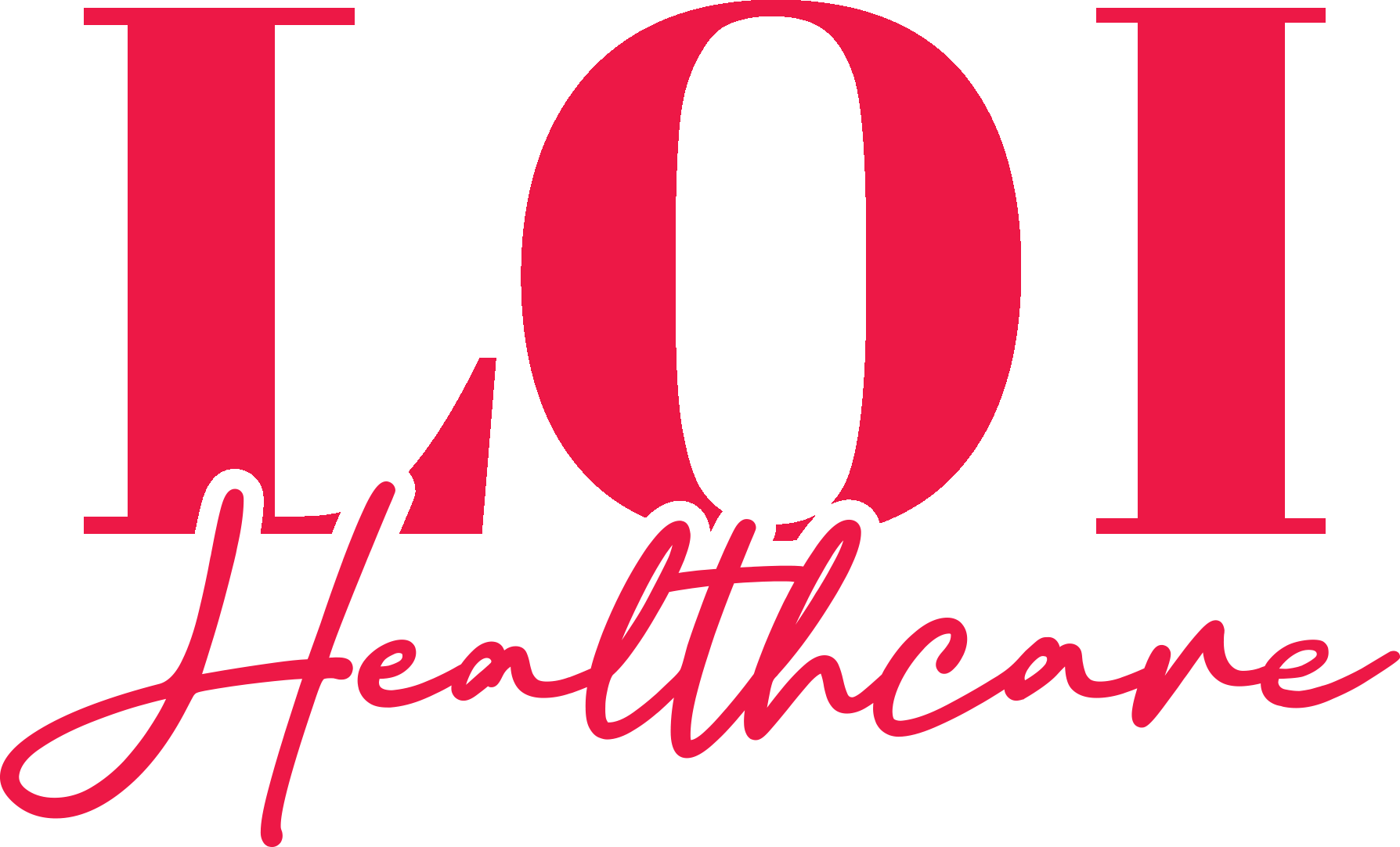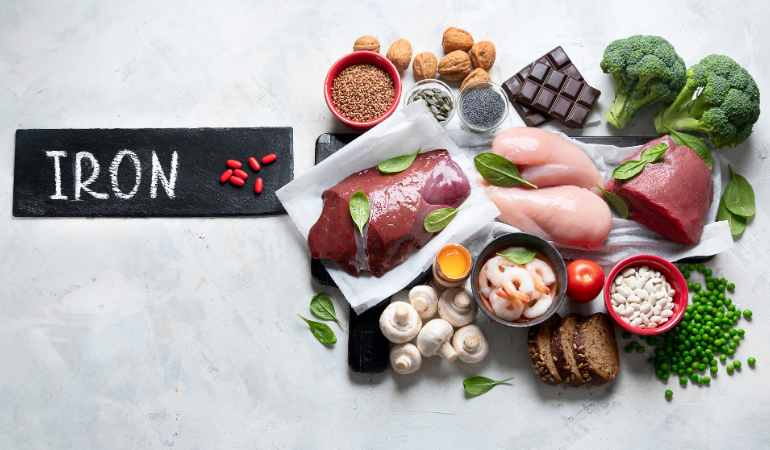Iron
What is Iron?
Iron is a mineral that the body needs for growth and development. Your body uses iron to produce hemoglobin (a type of protein found in red blood cells, which carries oxygen from the lungs to the body) and myoglobin (a protein that delivers oxygen to the muscles). It also plays a role in the production of certain hormones.
What are the benefits of Iron?
The body needs iron for a number of metabolic processes, such as blood formation and supplying oxygen to cells. It plays a role in transporting oxygen in the blood, storing oxygen in the muscles, helping in the production of hormones and the formation of enzymes, supporting the defense against infections and strengthening the immune system.
What is Iron Deficiency?
The body cannot produce iron itself and therefore obtains it from food. Iron deficiency can occur due to malnutrition or illness. If iron deficiency is based on an inadequate supply of iron through food, affected individuals should change their diet to absorb adequate iron. Iron deficiency can often occur after blood loss (for example, after surgery, blood donations, or menstruation). Iron deficiency can turn into iron deficiency anemia. It may also refer to a disease that does not allow adequate blood formation due to a persistent iron deficiency.
What to do in Iron Deficiency?
When attention is paid to a balanced and conscious diet, the need for iron is usually met with fresh food. It is beneficial to support the absorption of iron with various foods. For example, you can drink an orange juice rich in vitamin C with your meal or consume a salad with plenty of lemon. The tannins contained in coffee and tea prevent iron absorption, so coffee and tea should be avoided during the meal and for at least 2 hours after. Milk and cocoa, cola or red wine also inhibit iron absorption. These beverages should also be avoided, if possible, especially with meals. Iron supplements can also be used when foods are not sufficient for iron intake.


